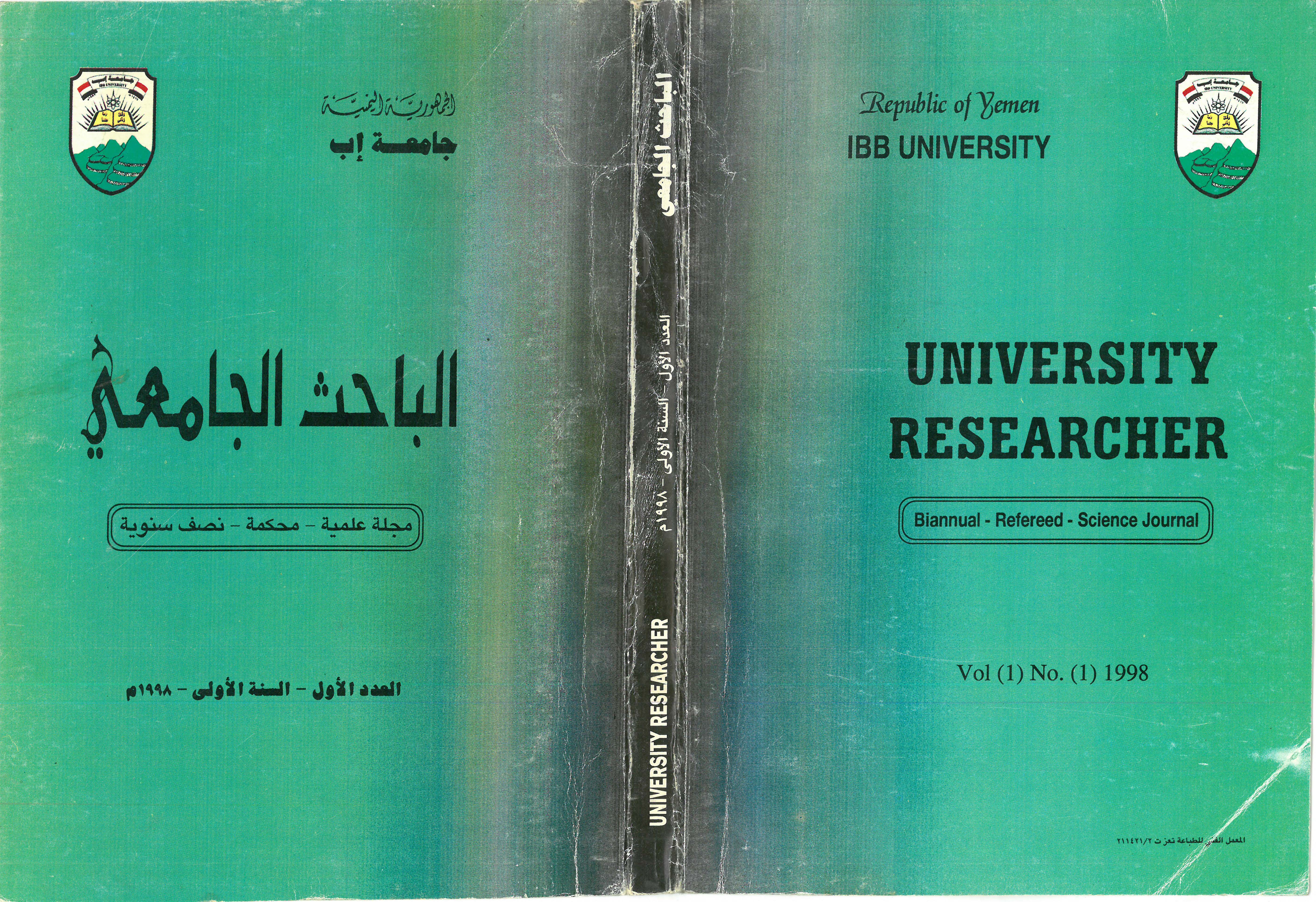The Literature of Dialogue and Disagreement in Islamic Law
DOI:
https://doi.org/10.69844/3rmrv977Keywords:
Disagreement, Dialogue, Etiquette, Islamic LawAbstract
the etiquette that one should adhere to during dialogue and disagreement. The deductive-descriptive approach was adopted. The research was presented in two sections; the first: The nature of disagreement, controls, and rulings, the second: What etiquette must be followed when dialogue and disagreement.
The most important results are: When dialogue and disagreement, the following etiquettes should be followed: taking into account the tolerance and ease of Sharia law, confining the dispute to the circle of right and wrong and not turning it into compliance and disobedience, along with sincerity and aiming for the truth, self-control and not interrupting the other party.





